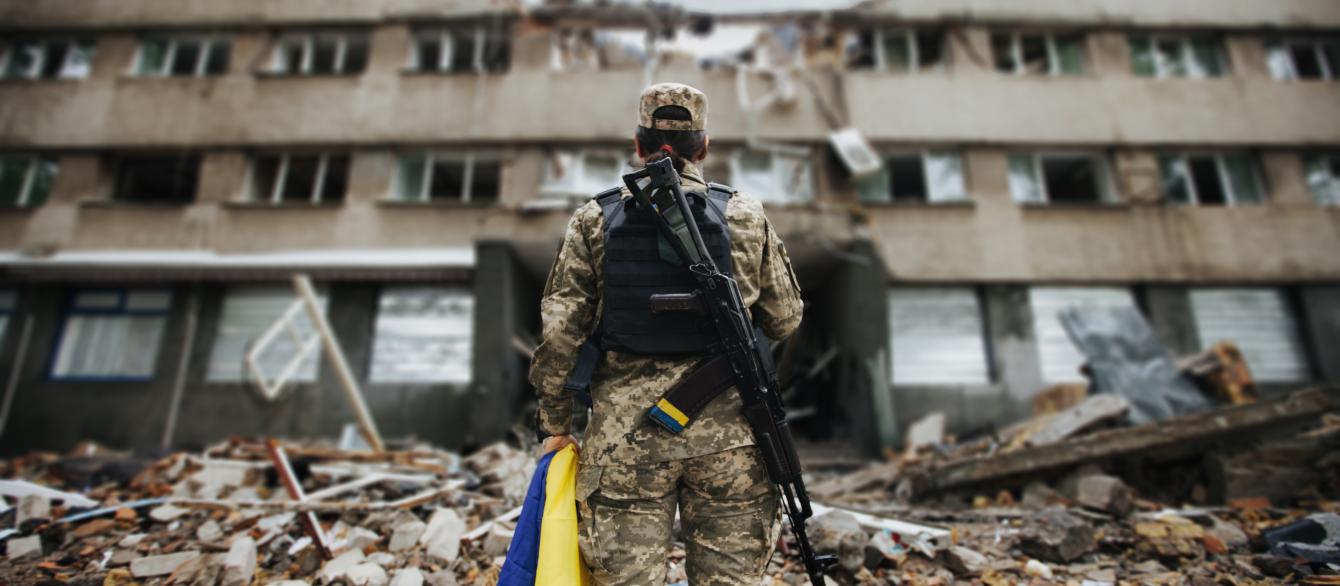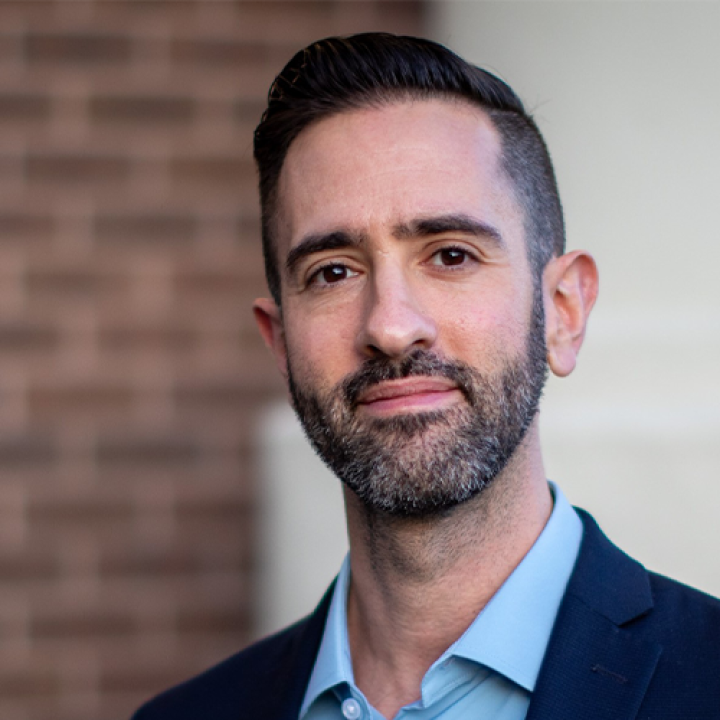This is an excerpt from an article originally published in Foreign Affairs.
The U.S. Congress’s approval last month of a $61 billion aid package for Ukraine came not a minute too soon. Ammunition shortages resulting from Washington’s months-long dysfunction have eroded Ukrainian frontline positions and left cities and critical infrastructure exposed to missile and drone barrages. Top military and intelligence officials in Kyiv have advised Ukrainians to brace for territorial setbacks in the coming months. Already, the Russian military has stepped up pressure on Kharkiv, forcing thousands of Ukrainians to flee out of fear that Russian forces could soon reoccupy their towns.
The infusion of U.S. aid should help Ukraine stabilize the front and protect its skies. But the Ukrainian army also urgently needs more soldiers. Indecision in Kyiv over a new mobilization drive has left combat units severely undermanned, their losses exacerbated by a failure to build defensive fortifications last year and by Russia’s widening firepower advantage. Military experts believe that the Ukrainian army needs to triple its intake of recruits to sustain defensive operations at current levels of fighting. Kyiv is trying to fix its manpower shortage and has asked its NATO partners to help train recruits inside Ukraine. This would be a faster and more effective way to prepare Ukrainian soldiers for battle. Most countries, including the United States, have refused to deploy trainers on Ukrainian soil out of concern for their safety, but Kyiv’s dire battlefield position might be prompting some of them to reconsider.
Critical as they are, additional U.S. weapons and Ukrainian personnel will only serve as a bandage to stop the bleeding. A deeper problem remains: the lack of a coherent strategy to confront the long-term threat that Russia poses to Ukraine—and to European security. For more than two years, Kyiv and its partners have operated in crisis-management mode, planning in increments of months rather than years.
But this short-term approach is no longer fit for purpose—nor is it sustainable. By now, it should be clear that there is no shortcut to ending this war, be it on the battlefield or through political and economic pressure on Moscow. Ukraine, with the help of the United States and others, will thus need a strategic vision that revolves around enhancing its defense capabilities and rebuilding deterrence over the long term. U.S. Secretary of State Antony Blinken’s announcement in Kyiv on May 14 that the United States plans to sign a ten-year bilateral security agreement with Ukraine is a step in the right direction. Alongside similar agreements Kyiv has signed with several other partners, it would signal to Russia that even though Ukraine is unlikely to join NATO any time soon, the United States and Europe have its back.
But even more can be done to develop a coherent long-term security strategy for Ukraine. Deterring Russian aggression will require three elements: denial, punishment, and credibility. To deny Russia’s ability to win on the battlefield, Ukraine must build up its armed forces and defense industry so that it can field and sustain capabilities that both degrade Russia’s military capacity and make a future Russian invasion unlikely to succeed. To signal the threat of punishment, Western militaries must devise contingency plans to impose meaningful costs on Russia if it attacks Ukraine again after a hypothetical cease-fire agreement is reached. And to make these plans credible in Moscow’s eyes, Western nations must commit, ideally in legally binding form, to resourcing them. That’s where Ukraine’s security agreements with the United States and other NATO allies, if implemented and resourced properly, will be critical.
Achieving a durable peace will be impossible without a clear vision for Ukraine’s long-term security. The Kremlin must understand that its goal of subjugating Kyiv is not achievable—not now, and not ever. Only then might the Russian leadership come to the table for meaningful talks—and accept Ukraine’s independence in the long run.






